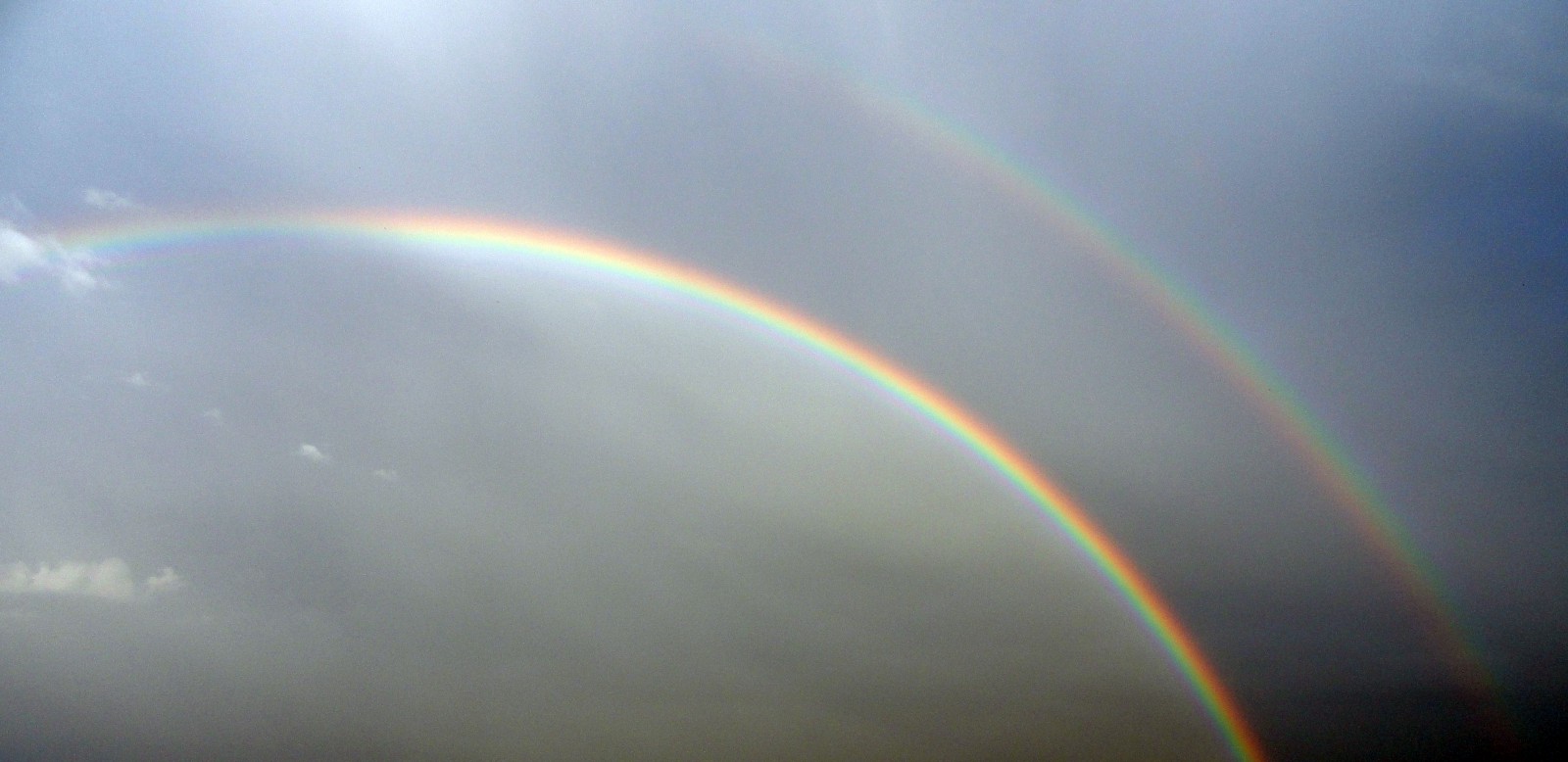okey-panky
Gods of Sad Beauty
“No Ground,” an essay by Jennifer Wortman

Gods of Sad Beauty
When Chogyam Trungpa Rinpoche was five, monks took him from his mother. When he was twenty, he and the monks fled Tibet. He studied comparative religion in Oxford. A car accident left him half paralyzed and prone to depression. He stopped dressing like a monk. At thirty, he married; his wife was sixteen. He called a friend to report news of his wedding and forgot his wife’s name. When he first arrived in America, he stayed at the home of a Korean monk; after drinking with him late one night, the monk called him a fraud and kicked him out. In Boulder, he had his hippie students dress neatly and follow elaborate rituals. He drank heavily. He believed true spirituality began and ended with boredom. He slept with his students. He liked the grasshoppers he saw in Texas; he said, “The world is very interesting, wherever you go, wherever you look.” When his mentor Suzuki Roshi died, he wept blood. He said, “Ego is always trying to achieve spirituality. It is rather like wanting to witness your own funeral.” He rang a gong over Robert Bly’s poetry reading. He thought Western psychology secularized original sin. He had his students strip W. S. Merwin and his girlfriend against their will. He believed in a concept he called “basic goodness,” a term I choke on. He said, “The real function of a spiritual friend is to insult you.” Brooding at a car window, he predicted the date of his death. People said he acted the same all the time, whether he was at home or speaking before hundreds. He said, “The bad news is you are falling through air, nothing to hang on to, no parachute. The good news is there is no ground.” When he died at 47, his body stayed warm for five days. At his funeral, a rare form of rainbow appeared in the sky.
Some say he was a charlatan. He came to me in a dream and farted. He came to me in a vision and said, “Why do you keep asking me questions? I am not your mommy and daddy. Before you can be your own parent, you must learn to be your own child.” I haven’t been to the center he founded for a year. I wanted to go on Mother’s Day for a long meditation, but I’d slept badly, and it snowed. Lately, when I meditate, I think about writing and forget to notice that I’m thinking about writing. For a while, I read only Chogyam Trungpa Rinpoche. I haven’t picked up his books in months.
In recent months, I’ve taken up and lost an intense interest in the Boulder Shambhala Center, Spanish, karaoke, Texas Hold ’em, Buffy the Vampire Slayer, salsa dancing, my new neighbor, Zumba, and the actor Anson Mount. I still, though, retain a small degree of interest in them, though least of all in the actor Anson Mount. He is preternaturally gorgeous and seems like a nice guy but is nothing like the character he plays on Hell on Wheels, Cullen Bohannon. Bohannon is part god of sad beauty, part wolf, and full of Hollywood rugged individualist tripe: “The only higher power I believe in,” he says, patting his gun. But look how, pure sorrow, he says of his wife, “She’s de-ad.” Look how he wakes at a bar table, drooling. Look how he breaks out of jail with a spoon. Look how he talks his way into the job of a man he’s blamed for killing. He can do anything but be happy. Then in season two, even Cullen Bohannon becomes nothing like Cullen Bohannon. How he simpered through that love scene, the one I’d waited for forever, as if all he was and loved meant nothing. What the hell happened? Where’s that wounded, seething, magic man? How I long for him, even now.
Love, Lies, and Grocery Shopping in a Blizzard








